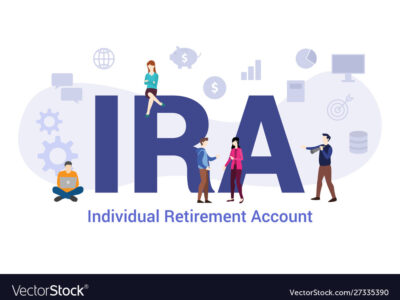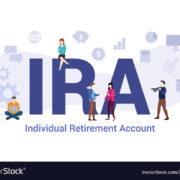
In your late 50s, estate planning becomes even more critical as retirement and the distribution of your assets become more imminent. Here are some important things to consider:
- Review and update your estate plan: Review your estate plan to ensure that it is up-to-date and reflects your current wishes. Consider changes to your beneficiaries, your executor, and other important details.
- Make a plan for retirement: Evaluate your retirement savings and make a plan for how you will manage and distribute those assets during retirement. You may want to consider working with a financial advisor to create a retirement income plan that takes into account your lifestyle, expected expenses, and other financial goals.
- Consider long-term care options: As you age, it becomes increasingly important to plan for long-term care. Consider options for in-home care, assisted living, and nursing home care, and make a plan for how you will pay for these expenses.
- Plan for the distribution of your assets: Consider how you will distribute your assets to your beneficiaries, and whether you will use a will, trust, or other estate planning tools. You may also want to consider gifting assets to family members or charitable organizations during your lifetime.
- Consider the tax implications of your estate plan: Consult with a tax professional to understand the tax implications of your estate plan and how you can minimize your tax burden.
- Plan for incapacity: Consider creating a durable power of attorney and a living will to ensure that your wishes are carried out if you become incapacitated.
By taking these steps in your late 50s, you can help ensure that your estate plan is comprehensive, up-to-date, and reflects your current wishes. It’s important to work with a financial advisor or estate planning attorney to ensure that your estate plan meets your needs and is legally binding.
What's your reaction?
Excited
0
Happy
0
In Love
0
Not Sure
0
Silly
0










